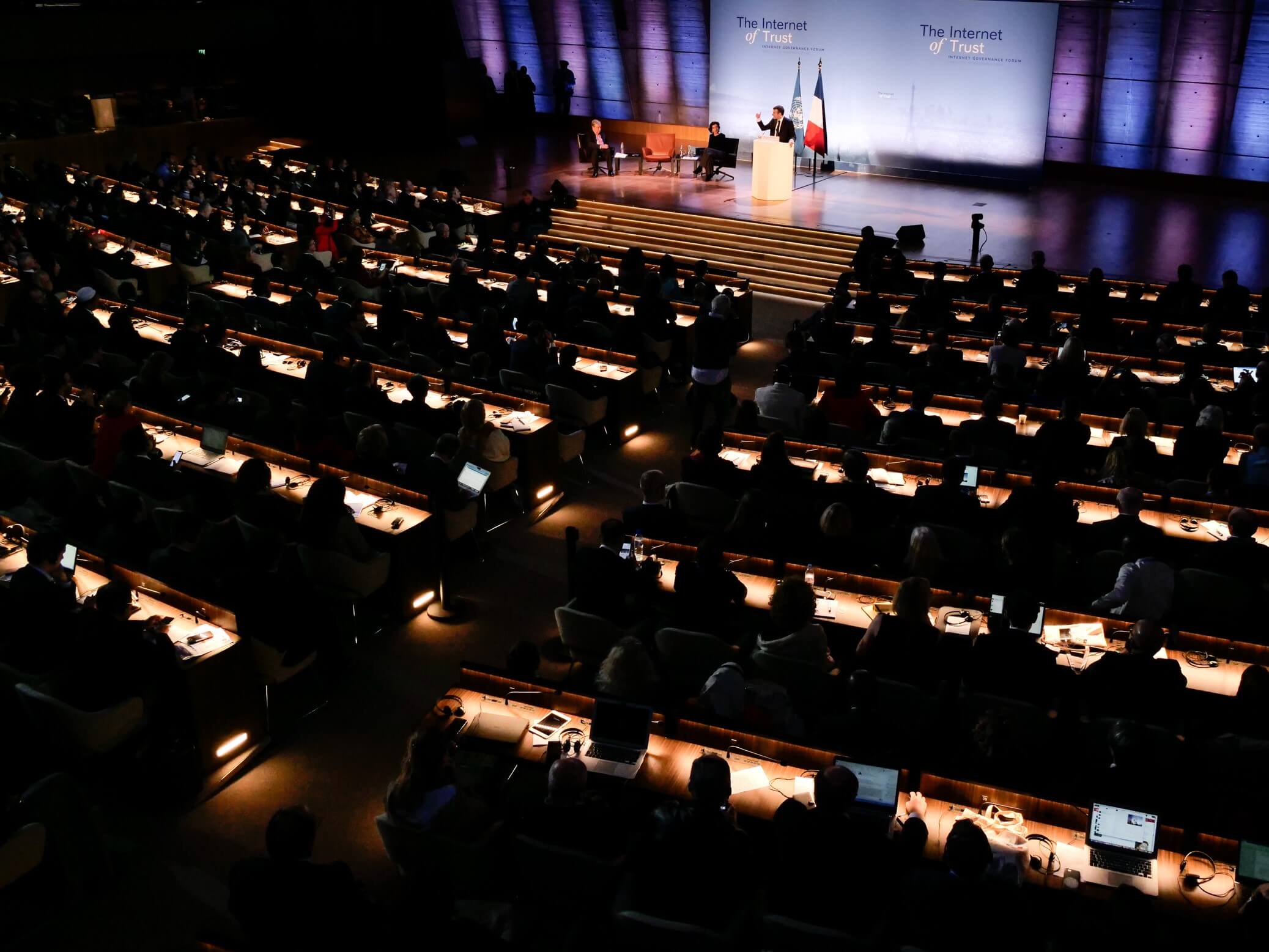Today, French President Emmanuel Macron launched a global effort among governments, businesses and civil society to protect and defend against threats to the digital infrastructure that runs our daily lives. We’re proud to be one of the 370 signatories of The Paris Call for Trust and Security in Cyberspace. This includes 51 governments from around the world, including all 28 members of the European Union and 27 of the 29 NATO members. It also includes key governments from other parts of the world, including Japan, South Korea, Mexico, Colombia and New Zealand.
The Paris Call is an important step on the path toward digital peace, creating a stronger foundation for progress ahead. It calls for strong commitments in support of clear principles and strong norms to protect citizens and civilian infrastructure from systemic or indiscriminate cyberattacks. Similarly, it calls for governments, tech companies and nongovernmental organizations (NGOs) to work together to protect our democracies and electoral processes from nation-state cyberthreats.
The Paris Call breaks new ground by bringing together to support these steps an unprecedented and broad array of supporters. Its signatories include more than 200 companies and business associations, including leading tech companies such as Microsoft, Google, Facebook, Intel, Ericsson, Samsung, Accenture, Fujitsu, SAP, Salesforce and Hitachi. Importantly, it also includes leading financial services institutions such as Citigroup, Mastercard, Visa, Deutsche Bank, as well as industrial leaders such as Nestle, Lufthansa and Schneider Electric. And it includes almost 100 critical NGOs that span groups across civil society.
All of this is important for a reason. Success in advancing cybersecurity requires an approach that is not only multinational, but multistakeholder in nature. This is because cyberspace, unlike the traditional planes of warfare like land, sea and air, is typically privately owned. Cyberspace in fact consists of concrete elements in the real world, such as datacenters, undersea cables, and laptops and mobile devices. These are designed and manufactured by private companies. And often they are owned and operated by tech companies and others in the private sector.
While the tech sector has the first and highest responsibility to protect this technology and the people who rely upon it, this is an issue that requires that governments, companies and civil society come together. That is the only effective way to protect people from what at times have become military-grade cybersecurity threats.
Increasingly, it is apparent that the people of the world appreciate this as well. This morning in Paris I announced that more than 100,000 individuals from more than 130 countries have now signed the petition calling for Digital Peace Now, spearheaded with Global Citizen. And like the signatories to the Paris Call, this number is continuing to grow.
Today’s announcements came as part of the Paris Peace Forum, an event commemorating the centennial of the Armistice that brought an end to the First World War. As was the case a century ago, the nature of technology and warfare is changing. A century ago, governments and human institutions failed to adapt to the changing world. This century, we need to do better. With the help of clear principles, strong protection and a growing multistakeholder coalition, we can build on today’s milestones and continue to provide the world the strong cybersecurity it deserves.

